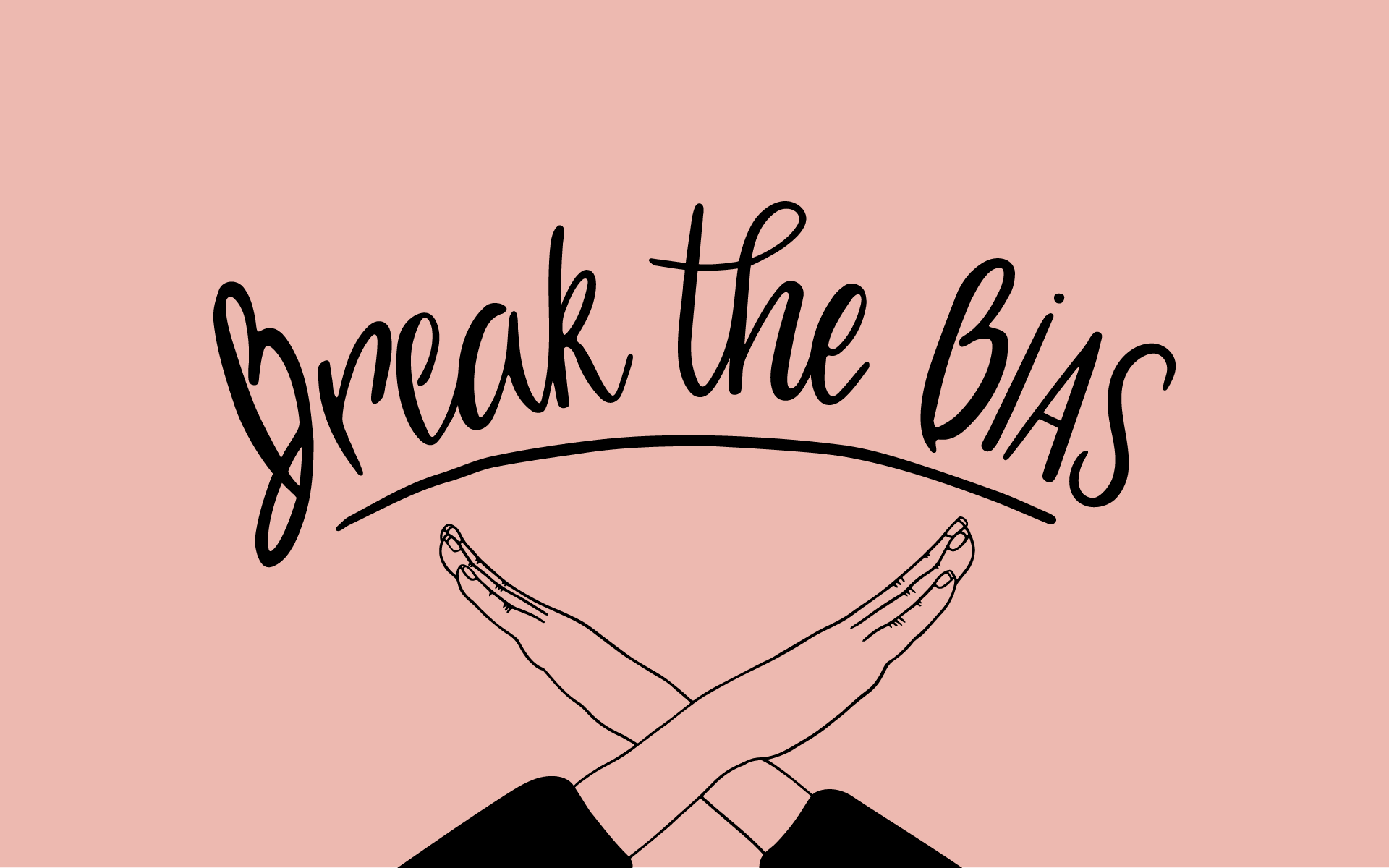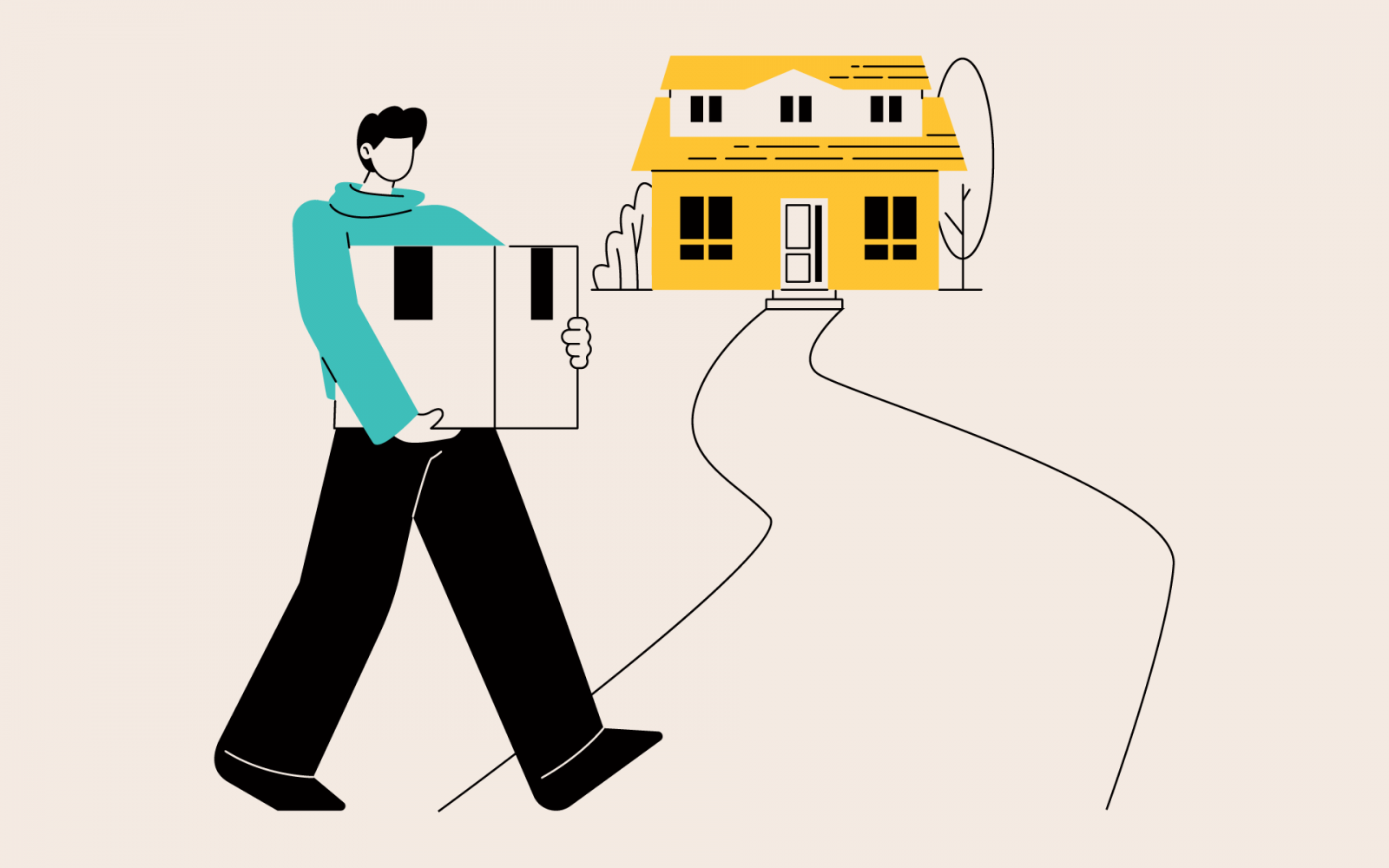It’s time for a heart-to-heart on the true pains of being a woman

Research has shown that women are less likely to receive pain relief in emergency rooms.
It’s called the medical gender gap, and the effects of women patients can be catastrophic.
If you’re a woman and you’re in pain, you’re less likely to get the pain relief you need from your healthcare provider. This was the key finding of a study published in The Journal of Pain in 2021.
The respondents, working in the healthcare field, were asked to watch video footage of female and male patients describing their chronic shoulder pain, and then offer a diagnosis and treatment plan.
The results showed clear gender biases. The “perceivers” judged female patients as “more likely to benefit from psychotherapy,” whereas “male patients were judged to benefit more from pain medicine.”
The study suggests that these biases might arise from gender stereotypes that are still pervasive in society and the medical establishment. For example, “women complain more than men,” and “men are stoic.”
These findings are not singular. Research has shown that women are less likely to receive pain relief in emergency rooms.
A report by The Alliance for Endometriosis revealed that 90 percent of women with this debilitating disease reported being dismissed or disbelieved by their healthcare providers, who often labelled their symptoms “a normal part of being a woman”.
Although these findings will come as no surprise to most women, growing public awareness about this gender disparity is slowly bringing these harsh truths to light and finally validating their experience.
But not having their reality taken seriously isn’t where it ends. Gender disparity in the medical field is deeply rooted even in medicine itself.
“In every aspect, our current medical model is based on, tailored to, and evaluated according to male models and standards,” writes Dr Alyson Jay McGregor in her ground-breaking book Sex Matters – How Male-Centric Medicine Endangers Women’s Health and What We Can Do About It.
McGregor is an expert on sex and gender medicine and is at the vanguard of a new medical awareness that seeks to equalise centuries of bias against the female body.
She points out that methods for evaluating, diagnosing, and treating disease for both men and women are based on previous research performed on male cells, male animals, and male bodies.
Recent research, adds McGregor, reveals that female bodies are physiologically different from men’s on every level, from chromosomes to hormones to our bodily systems and structures. “Therefore, the medicine that works for men doesn’t always work for or even apply to women,” she says.
There are life-threatening consequences when personal gender bias and male-centric medical bias intersect. Heart attacks are one area where this is particularly evident.
While men might experience pain radiating down the left arm, chest heaviness, or other stereotypical signs of a heart attack, women often present with only mild pain and discomfort. This may be combined with fatigue, shortness of breath, and a strong feeling that “something isn’t right.”
The result is that women are all too often turned away from emergency rooms with a diagnosis of anxiety and a prescription for anti-anxiety medication.
The results of this health gap can be catastrophic. A 2018 study revealed a higher mortality rate among female patients suffering a cardiac arrest, when they are treated by male physicians. And these dire consequences don’t stop at the emergency room.
A 2021 study found that women are more likely to die in surgery, experience complications, and be readmitted to hospital if their surgeon is male. In both cases, female and male patients experienced similar outcomes when they were treated by a female doctor.
While this level of research and coverage suggests that things are changing, you still need to advocate for your health.
If you feel your symptoms or pain are not being taken seriously by your healthcare provider, don’t hesitate to seek a second opinion.




